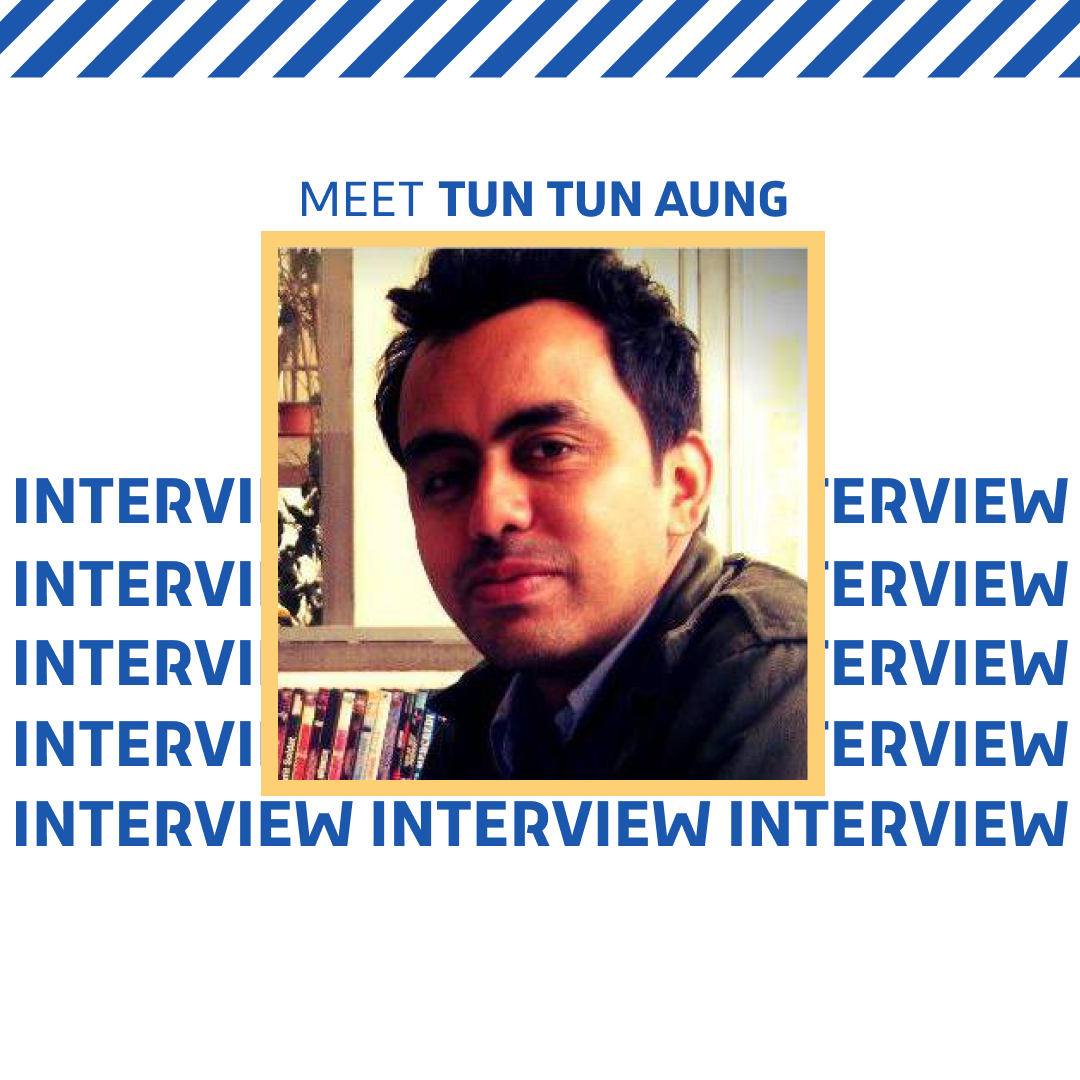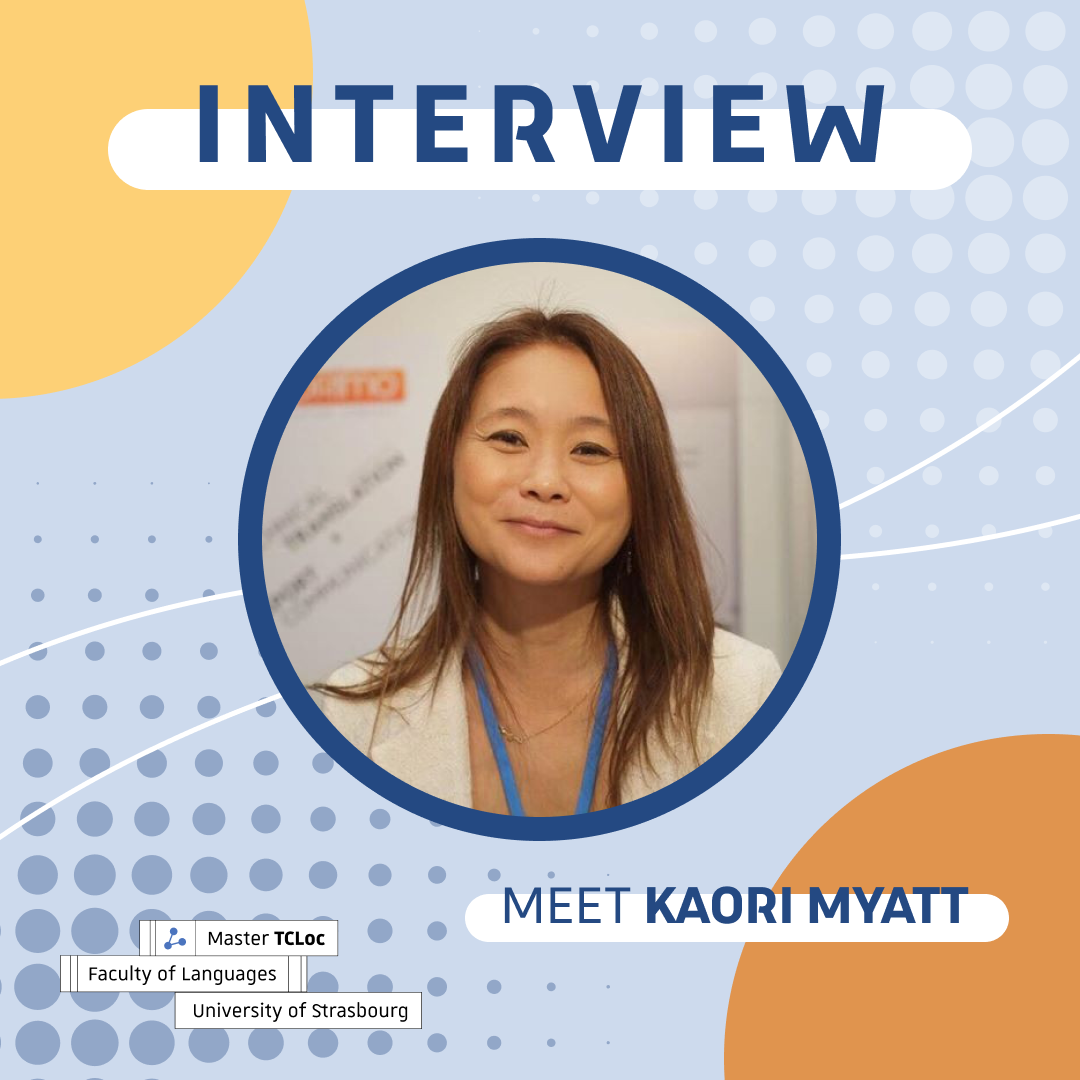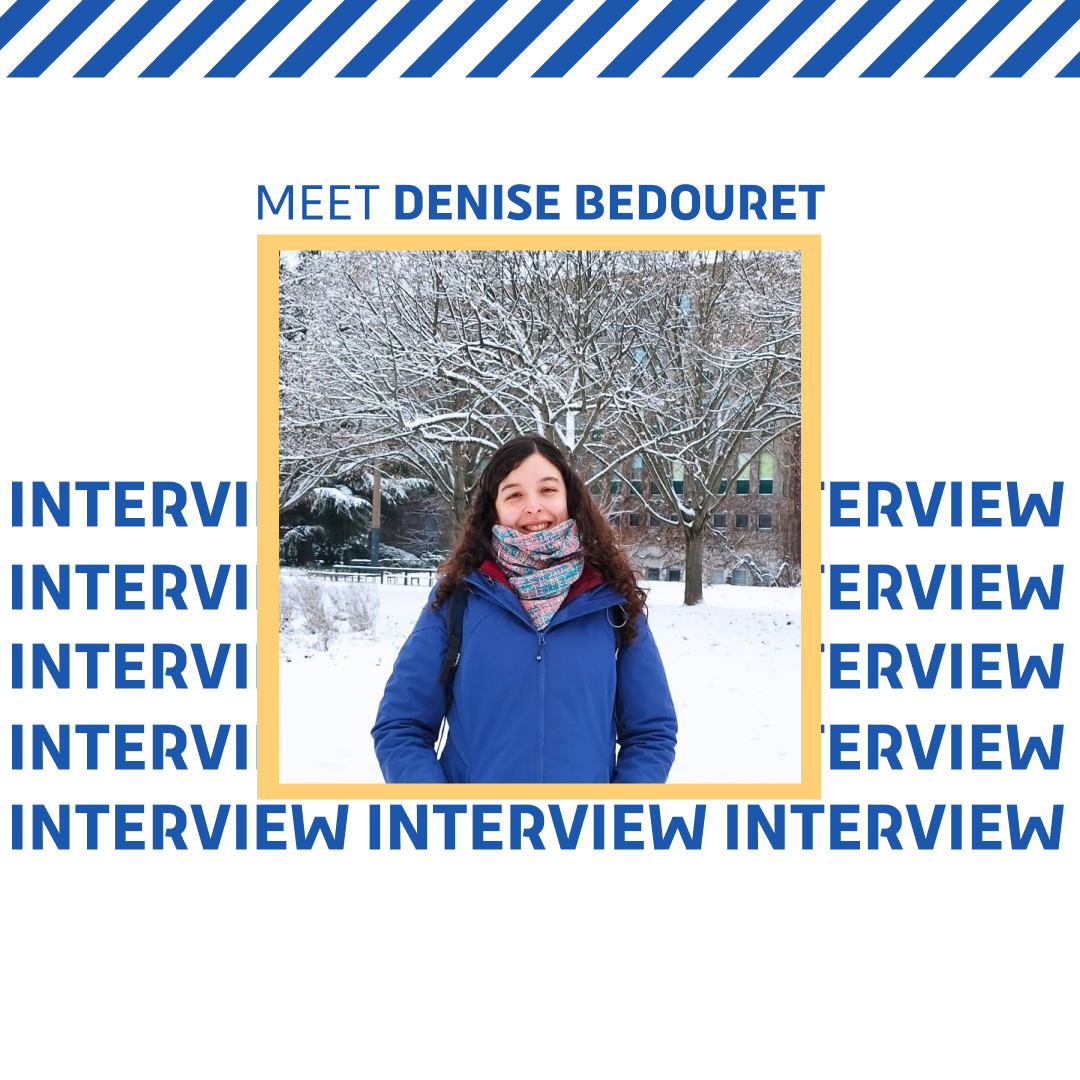Today, we are pleased to interview Tun Tun Aung (pronouns: he/him), a TCLoc student from Myanmar living in France and working as a freelance English to Burmese Localization Consultant. He’s also been involved in Burmese politics, journalism, digital security, web development, and software localization.
Could you please tell us a little bit about your background and how you got interested in localization and technical communication?
I pursued electrical and mechanical engineering studies in Myanmar, read numerous books in Burmese, and completed various courses in information technology. My interest in localization and technical communication stemmed from my passion for language and technology, as well as my previous experience as a journalist. Reading technology-related content in both English and Burmese provided me with insights into the importance of localization and technical communication, along with the associated challenges. While I have no interest in translating subjects outside of IT technology and engineering, I am enthusiastic about applying my skills in these specific areas.
What motivated you to do the TCLoc program, and how do you see this degree contributing to your professional development?
I chose the TCLoc program because I’m passionate about making Free and Open Source Software available in Burmese and supporting other ethnic languages in Myanmar. This program will enhance my professional development by equipping me with localization skills. After my master’s degree, I plan to pursue a related Ph.D. and teach in Myanmar and other Asian countries to share my knowledge and experience.
In your opinion, what are some of the key skills necessary to succeed in the localization and technical communication field that you learned with the TCLoc program?
I believe several key skills are important to succeed in localization and technical communication. Firstly, being fluent in your native language and English is crucial. Additionally, proficiency in a third language is valuable. Strong writing skills are essential, along with a passion for technology and proficiency in its use. Project management and interpersonal skills are also vital. Lastly, continuous learning is necessary, including staying updated with relevant news and studying articles in the field.
As someone with both technical and business skills, what kind of role do you see yourself playing in the industry after you graduate?
After I graduate, I see myself taking on a role that combines both technical and business skills in the industry. My plan is to implement a project to localize open-source software and user guides, translating them from English to Burmese. Additionally, I aim to train the younger generation to become localization consultants, empowering them with the necessary skills. Furthermore, I have ambitions to pursue a Ph.D. and contribute to the localization field as an academic. This is the path I envision for myself after completing my master’s degree.
Balancing a master’s program with other responsibilities can be quite challenging. How has the flexibility of the TCLoc program helped you manage your time effectively?
Juggling a master’s program with other responsibilities is tough. The flexibility of the TCLoc program has improved my time management. Learning at my own pace on Moodle has been beneficial, especially as a freelancer. Dr. Renate, the Program Director, suggested a 24-month option for reducing stress. The program team and teachers communicate well, creating a comfortable learning experience.
For those who may be considering a master’s degree in localization and technical communication, what advice or tips would you offer based on your own experience in the TCLoc program?
If you’re considering a master’s degree in localization and technical communication, here are some tips based on my experience in the TCLoc program:
- Research the program: Take the time to thoroughly understand the curriculum and program focus, particularly in relation to the translation industry. This is especially important if you have limited prior experience in the field.
- Seek information from program sources: Reach out to the TCLoc program manager and connect with former and current students. They can provide valuable insights and perspectives that can help you make an informed decision.
- Explore the TCLoc website’s blog posts: Read the blog posts available on the TCLoc website. They can offer additional information, experiences, and industry trends that can enhance your understanding of the program.
By conducting thorough research, seeking advice from program sources, and exploring the TCLoc website’s blog posts, you can gain valuable insights to determine if the program aligns with your goals and interests.



